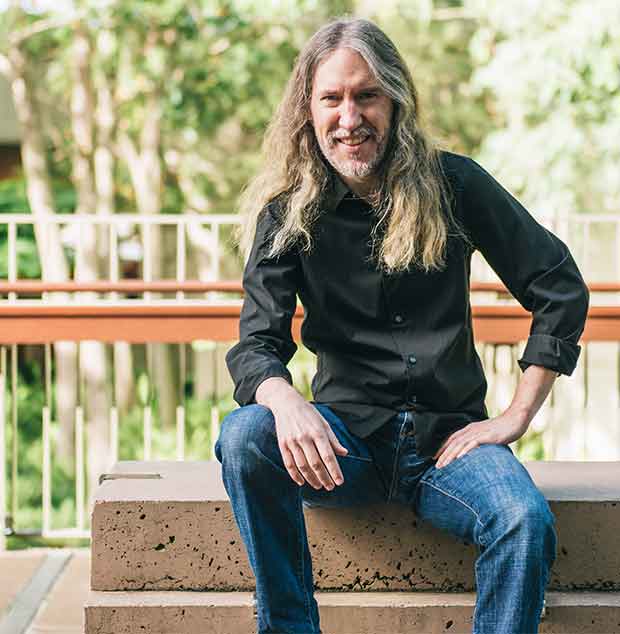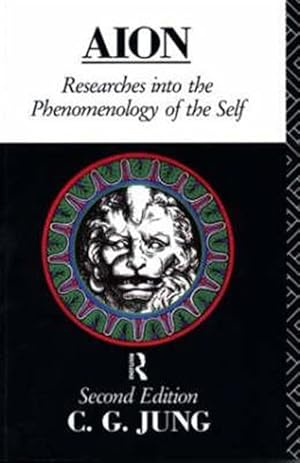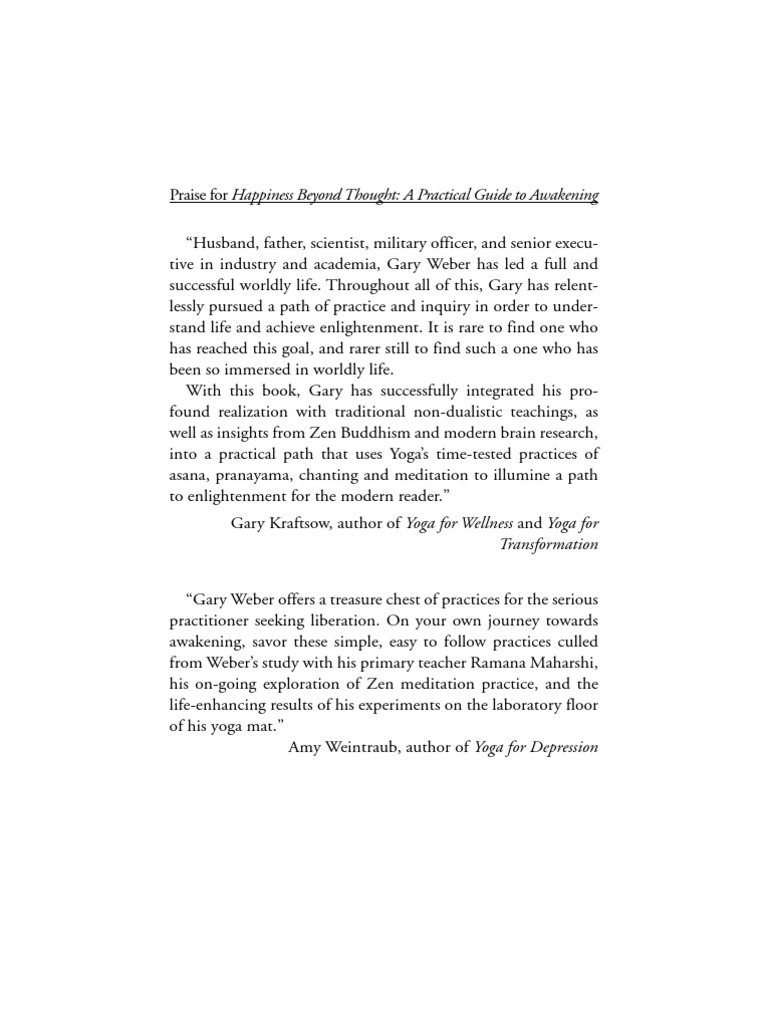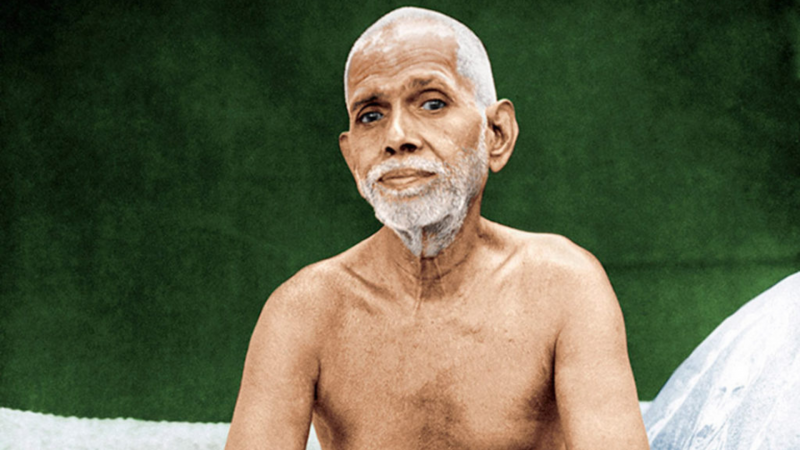The Box Truck of Truth

by Cheech
Some people have a knack of delivering the truth in an intense, direct, powerful way. I married 💍 a person who has this ability. He sees through to the core of whatever he's being asked with surgical precision, and then responds with blunt force simplicity. Maybe it's the Zen ☯️ thing with him? Most times, I'm not ready to hear the lacerating truth, so it often hits like a box truck—and it feels a lot like getting run over (and backed over 🚛, and then run over 🚚 again). I'm quite delicate, you know (like a lace doily).
All kidding aside, it may just be that the truth hurts so much because it can stir up a bunch of negative thoughts. Once negative thoughts come, they have the potential to spawn more snake heads, like the mythical hydra! Negative thinking is just one of many ways of thinking. It's a habitual thought pattern that creates disturbance in one's inner world.

In Zen: An Introduction (video embed below) you'll hear the following:
“Perhaps the most radical claim in Zen is that philosophy is not the way to realize the true nature of the world including oneself. Philosophizing is usually part of the problem of life not the solution because our ways of thinking normally interfere with our perceptions. Instead we should let go of our thoughts by meditating which can help us open up to a non-conceptual and more direct way of experiencing the world.”
So, I've been meditating more. A lot more, and it is really helping put more awareness and space between the thoughts. I'm letting go of thoughts of all kinds, not just the negative ones! Rather serendipitously, a colleague just introduced me to this memory guy, Anthony Metivier1, a linguist who has ties to non-dual philosophy.
BTW: Non-duality, called Advaita Vedanta2 in Sanskrit3, is grounded in a view of the Self (capital ‘S’) that C.G. Jung4, in his Aion Lectures, referred to as the “totality of the psyche”. In the microcosm 🔬, this means the Self is the consciousness, combined with the unconsciousness of the individual as an “individuated” whole. In accordance with the concept of Unus Mundus (Latin for “One World”), Jung, his non-dualist counterparts, and Bob Marley5 all believed that there is no separation between us in the big Petri Dish of life called the macrocosm 🌎. In other words, whether we're looking at the micro or macro, we are all connected in this cosmic soup of unified reality. The Self is our true nature, and Jung's process of individuation is the journey of coming home to ourselves. By taking time to come to know the Self within, we are free to uncover the mystery of it all.
So, Metivier (that non-dual linguist/memory guy) devised a really simple, two-question method of self-inquiry that is designed to banish negative thinking. He attributes this synthesis to his study of Sanskrit4, an Indo-Aryan language of South Asia. Sanskrit is the language of Hindu scripture and classical Indian epic poems. It is the mother tongue of many northern Indian (Indic) languages, and it is also the language of yoga. Sanskrit appears in the names of the poses in Hatha Yoga (called asanas) and in the chant or recitation of vibrational, breath-infused sound experiences (called mantras).
BTW: Hatha Yoga (Sanskrit) is an umbrella term (the Sanskrit: Hatha, meaning: force and Yoga, meaning: yoke) that describes one (1) of the six (6) known branches of Yoga. Hatha Yoga covers some of the things we do at OLO, practices of the physical body, breath, and meditation. Asanas are the yoga of the body. Yoga practice is intended to ignite (be a force for) a union of opposites (yoke). Mantras are the yoga of sound, and the silence it brings. I love 💖 mantras.
Metivier also credits his discoveries to the work of Happiness Beyond Thought author, Gary Weber6. Weber (who is, in my humble opinion, the classiest guy 🎩 in the world) was in turn influenced by the teachings of self-realization giant, Ramana Maharshi7. Ramana Maharshi is yoga-famous for invoking the well known “Who am I?” question in meditation, which is where Metivier's two questions really shine 💎.
The two (2) questions are:
“Are my thoughts useful?”
and
“How do they behave?”
The simplicity of handling my negative thoughts with these two (2) questions in English, is brilliant! They're so easy to remember that despite my preference for (a.k.a. attachment to) Sanskrit, they've effortlessly glided into my Zazen / Shikantaza (sitting meditation) practice—just like a mantra. OK. I guess it is a mantra. It's an English mantra. 🤣😇
Maybe this simple practice in English can help me to dissolve those negative ways of thinking the next time the Box Truck of Truth pulls up to make a delivery! Maybe the practice can help me come home to myself in my mind (like Thich Nhat Hahn teaches in the video we've embedded in The Struggle is Real)!
The next time you're feeling negativity creeping in, sit and breathe. Then give those two (2) sentences a try and see if a little self-inquiry helps shine a lot more positivity into your life.
Footnotes
1Anthony Metivier

2Aidavita Vedanta

3Sanskrit

4C.G. Jung's Aion Lectures: Researches into the Phenomenology of the Self

5Bob Marley “One Love”
6Gary Weber

7Ramana Maharshi

Check out our schedule to practice with Cheech.








